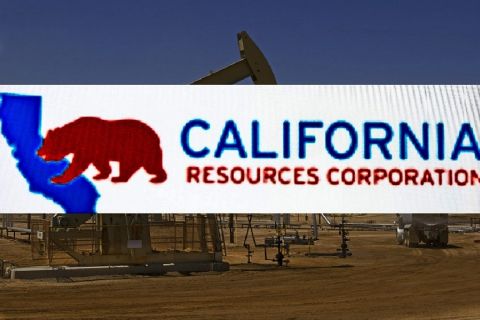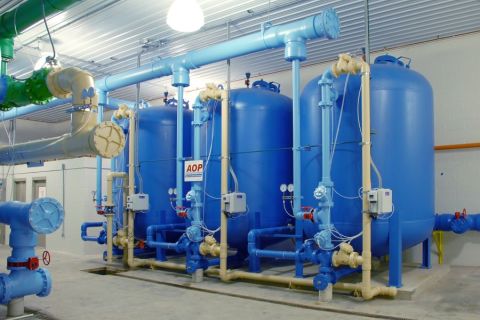Although Brazil has made progress in its goal to become a net exporter of energy, the South American nation still has a ways to go to meet its internal energy demands, according to findings in a Baker Institute for Public Policy-Rice University study. Brazil has made significant strides toward augmenting its oil production, which was 1.6 million barrels per day in December 2003. Its daily crude volumes are forecast to rise by 1 million barrels between now and 2015. However, daily demand will simultaneously climb by between 400,000 and 1.3 million barrels during the same period. Although Brazil opened its upstream oil industry to foreign participation several years ago, the results to date are mixed. State oil giant Petrobras has had competitors in exploration and production within Brazil since 1997, but the company continues to hold the lion's share of the production and the prospective acreage. During the five bidding rounds that have been held since 1999, 31 foreign oil companies have won acreage in Brazil. For many of these firms, however, exploration results have fallen short of expectations, and foreign participation in the bidding rounds has been declining. "The under-subscription to exploration block tenders and subsequent disappointing results for some international investors mean the rise in Brazilian domestic oil production may not wind up being large enough to allow the country to serve as a major net exporter," the study group reports. Indeed, much of the expected increase in oil production will be required to offset the projected growth in domestic demand. Another issue: although Brazil has tremendous natural gas reserves, it lacks infrastructure and pipeline deliverability. Petrobras' dominance of the natural gas sector has stifled its growth, as the company is closely focused on oil development. Natural gas presently accounts for just 3% of Brazil's primary energy consumption, and it imports gas to meet its domestic needs. In 2000, the country produced just 257 billion cubic feet of gas, although it has reserves to readily support production of 1 trillion cubic feet per year, the study group reports. Brazil's demand for natural gas is also forecast to grow dramatically, jumping 41% between 2002 and 2007. Steps that the nation-the tenth-largest energy consumer in the world-could take to become a net exporter include addressing the status of Petrobras as a state oil firm; limiting the role of Petrobras in gas and power markets; allowing gas prices to be set by market demand; and enhancing the budgets and autonomy of the federal regulatory agencies.
Recommended Reading
NOG Closes Utica Shale, Delaware Basin Acquisitions
2024-02-05 - Northern Oil and Gas’ Utica deal marks the entry of the non-op E&P in the shale play while it’s Delaware Basin acquisition extends its footprint in the Permian.
Vital Energy Again Ups Interest in Acquired Permian Assets
2024-02-06 - Vital Energy added even more working interests in Permian Basin assets acquired from Henry Energy LP last year at a purchase price discounted versus recent deals, an analyst said.
California Resources Corp., Aera Energy to Combine in $2.1B Merger
2024-02-07 - The announced combination between California Resources and Aera Energy comes one year after Exxon and Shell closed the sale of Aera to a German asset manager for $4 billion.
DXP Enterprises Buys Water Service Company Kappe Associates
2024-02-06 - DXP Enterprise’s purchase of Kappe, a water and wastewater company, adds scale to DXP’s national water management profile.
Tellurian Exploring Sale of Upstream Haynesville Shale Assets
2024-02-06 - Tellurian, which in November raised doubts about its ability to continue as a going concern, said cash from a divestiture would be used to pay off debt and finance the company’s Driftwood LNG project.





